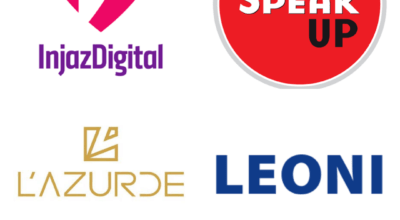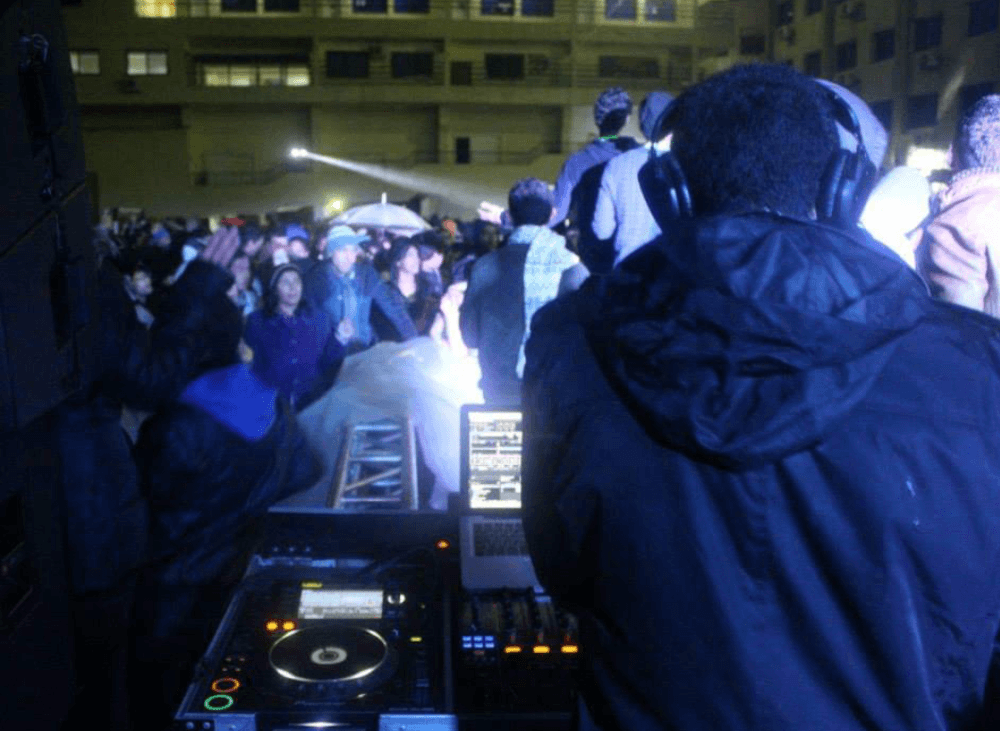“In the beginning, I sold tracks where the agreement stated that I would lose all of my credits. But as I gained experience, I only sealed the deals where buyers stated my name on the credentials of the track even though most people won’t see it,” said Omar Abouseeda, an Egyptian music producer who sells his work as a ghost.
Many people have been put in a situation where they have to complete a group project and in some cases it turns out perfectly. But in other cases, they either do the work themselves, or they just don’t do anything.
Yet, some people would never believe or think that their favorite producer would just take the work of others, and take credit for it. It can either be due to their love for them, or just because they think that this is impossible to happen.
However, in some cases, it happens.
“There are a lot of music producers around the world that purchase tracks from other producers, to help them release a track under their own name. It usually happens in a way where the rights and credits of a producer are sold online to another producer,” music producer, Fosforick stated.
“This can be perceived as unethical or ethical, based on people’s beliefs and preferences. However, if a producer has a track that he doesn’t want to publish under his name, or he wants to increase his connections in the industry, and earn money, this is the safest investment,” Fosforick added.

VIA Fosforick
According to the article “Who uses ghost producers”, published by Danalonama, famous producers such as Afrojack, Hardwell, and Martin Garrix have previously worked as ghost producers.
Music producer, Omar Abouseeda stated that it is isn’t always a safe investment, as he once sold his track on an online platform and didn’t get paid for it. However, he found another platform, and established a connection with a music producer, who later on became his client.
“In the beginning, I sold tracks where the agreement stated that I would lose all of my credits. But as I gained experience, I only sealed the deals where buyers stated my name on the credentials of the track even though most people won’t see it,” said Abouseeda.
This way, other producers or listeners will see that Abouseeda worked on this track. Hence, he will get a chance to increase his reach, grow connections, and at the same time gain partial credit for his work. By doing so, the agreement that is made becomes completely ethical, as the names of the people who worked on the project are stated. It’s not like a student paid money for a paper, and gained full credit for it, in this case it is unethical.
“Being a ghost producer also helps me gain experience, by knowing what should be improved in a track, and understand the needs of the market. This is why I love doing so, as I am investing in myself, and at the same time I’m gaining profits,” Abouseeda added.
The tracks that are sold by ghost producers can reach up to thousands of Euros. In some cases, the ghost producer can actually gain a percentage of the profits of the track after it has been released.
“It is a win-win situation, as I will be doing what I am passionate about, and the profits that I earn keep me motivated to pursue my dreams. Also, it will help me in funding myself, as I have spent a lot of money and time to get better tools, and become more professional,” Abouseeda asserted.
Fosforick and Abouseeda stated that they would never purchase the work that was produced by others, and publish it under their name. As they want to provide their listeners with their original content.

VIA Fosforick
“I don’t believe that when a producer purchases the right of another producer, it’s something wrong. This is because the producer might like the content of the track, or he might believe that it fits his style, so why not purchase it if he can,” Fosforick claimed.




























